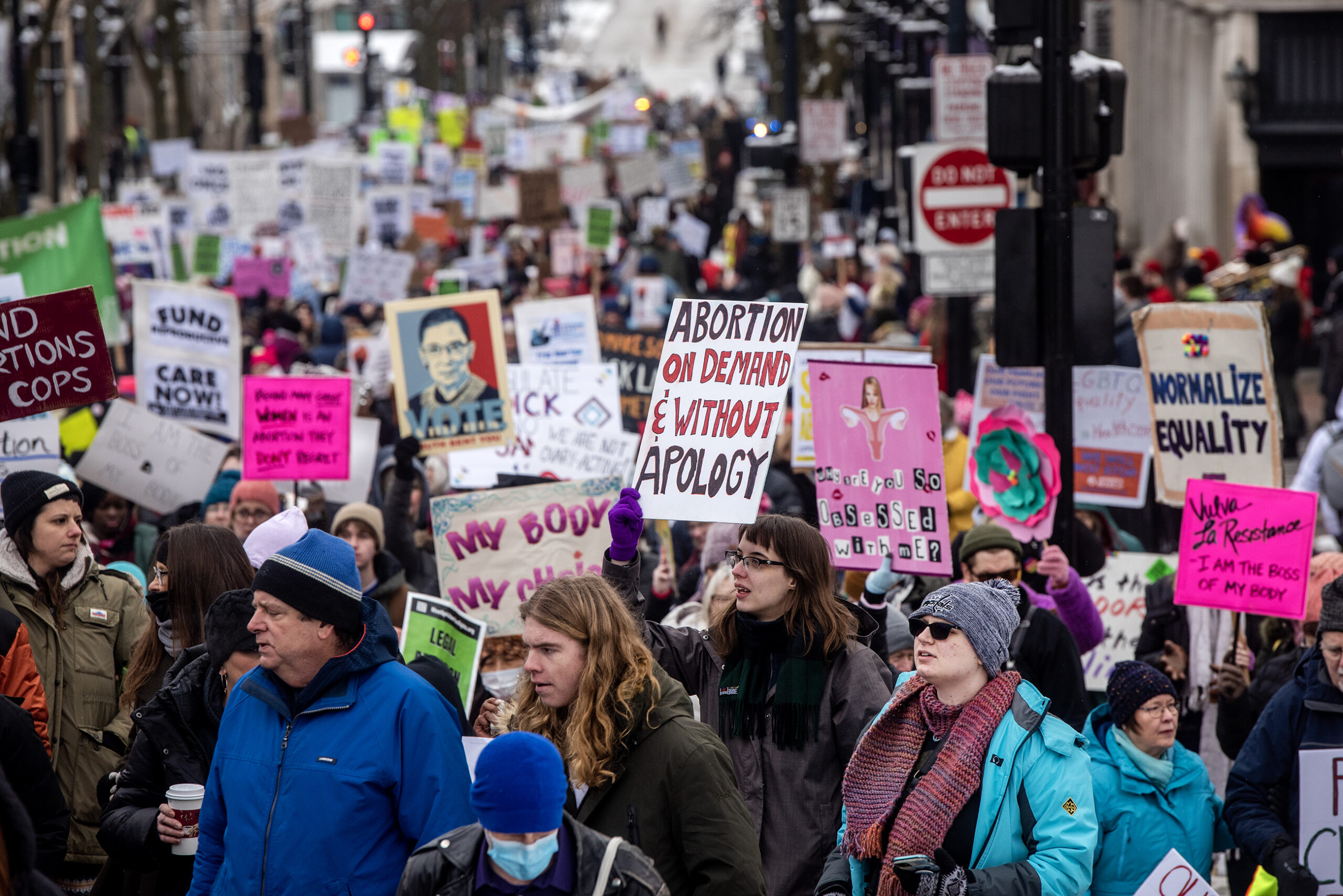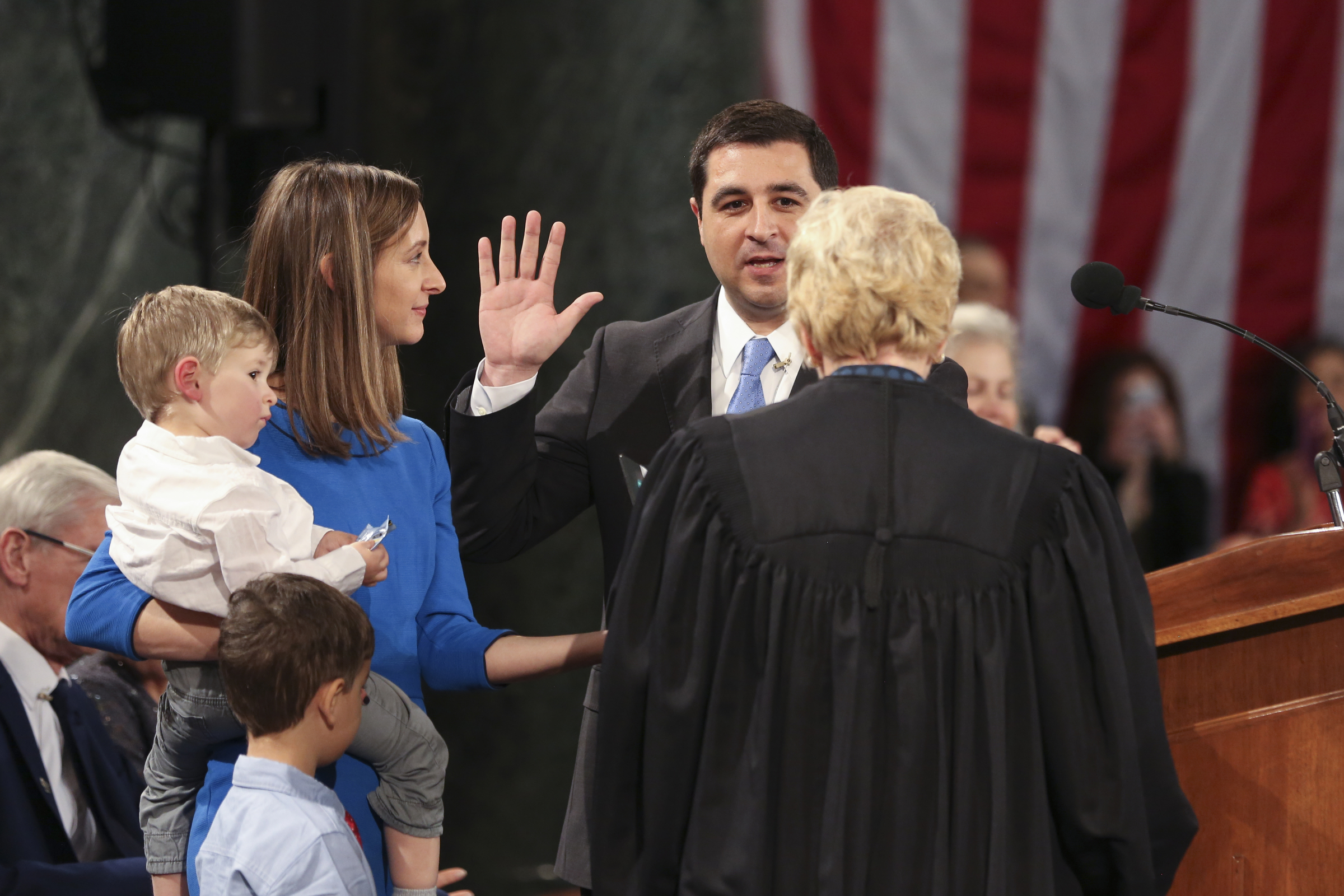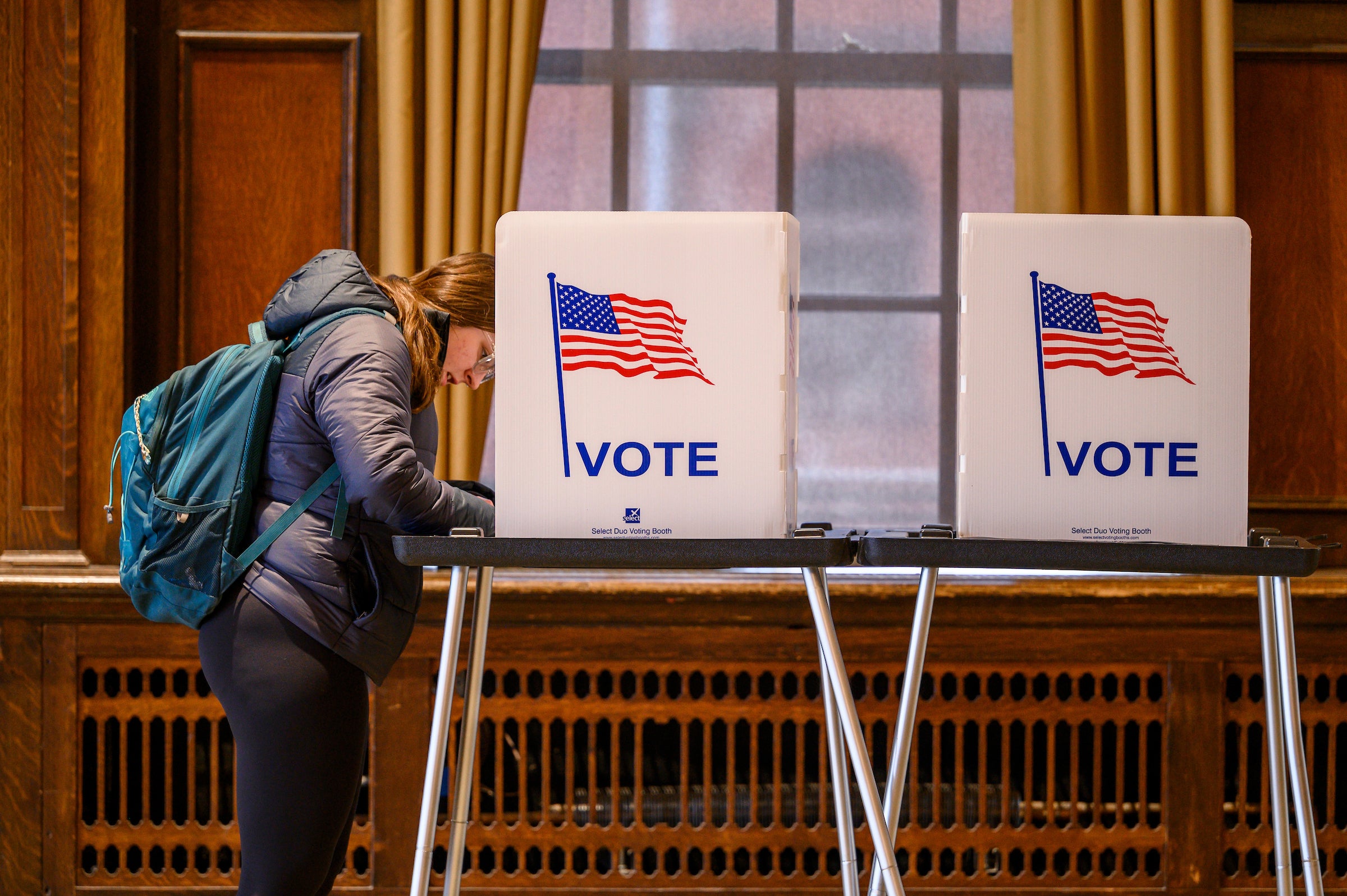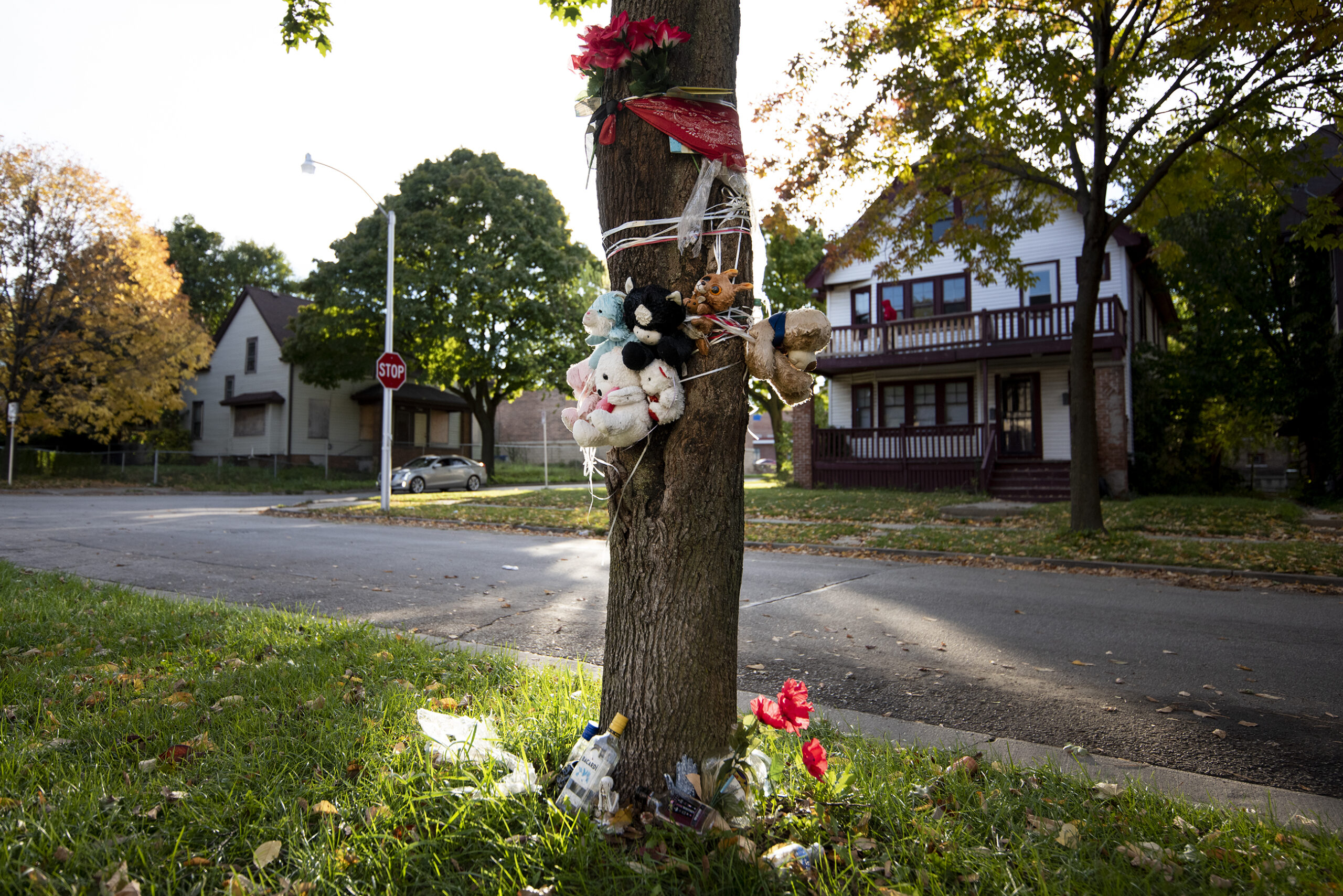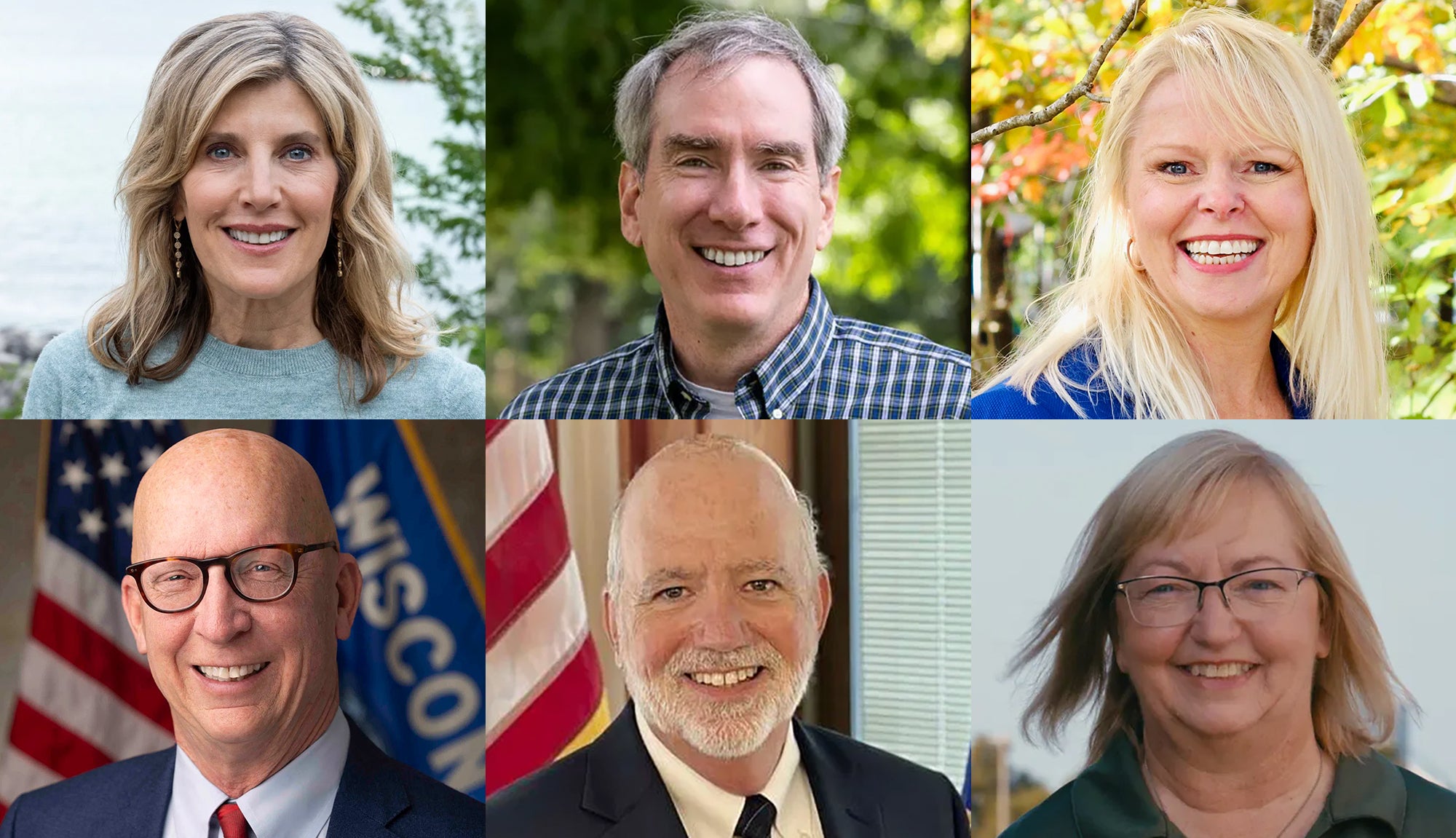Abortion access in Wisconsin has been hotly debated since June of 2022, when the U.S. Supreme Court issued its historic decision overturning Roe v. Wade. Immediately after the ruling, all of Wisconsin’s legal abortion providers ceased providing the service, citing a state law first written in 1849 which was never taken off the books.
In September 2023, a Wisconsin judge ruled that the law governs feticide, but not consensual abortion. After that, Planned Parenthood of Wisconsin began offering abortions once again.
This election year, Wisconsin Public Radio is asking people what they care about as they head to the polls.
Stay informed on the latest news
Sign up for WPR’s email newsletter.
Voters at an event in Madison said abortion and reproductive rights were among their top issues.
WPR asked candidates for the 42nd Assembly District and the 14th Senate District what state abortion policies they would support if elected.
Candidates for 42nd Assembly District diverge on abortion issue
Democrat Maureen McCarville and Republican Rebecca Witherspoon are competing to represent Wisconsin’s 42nd Assembly District, which stretches from northern Dane County into Columbia County and includes a piece of the city of Madison.
McCarville said she would like the 1849 law taken off the books and Roe v. Wade, the U.S. Supreme Court ruling that provided federal protection for abortion up to fetal viability, codified into state law.
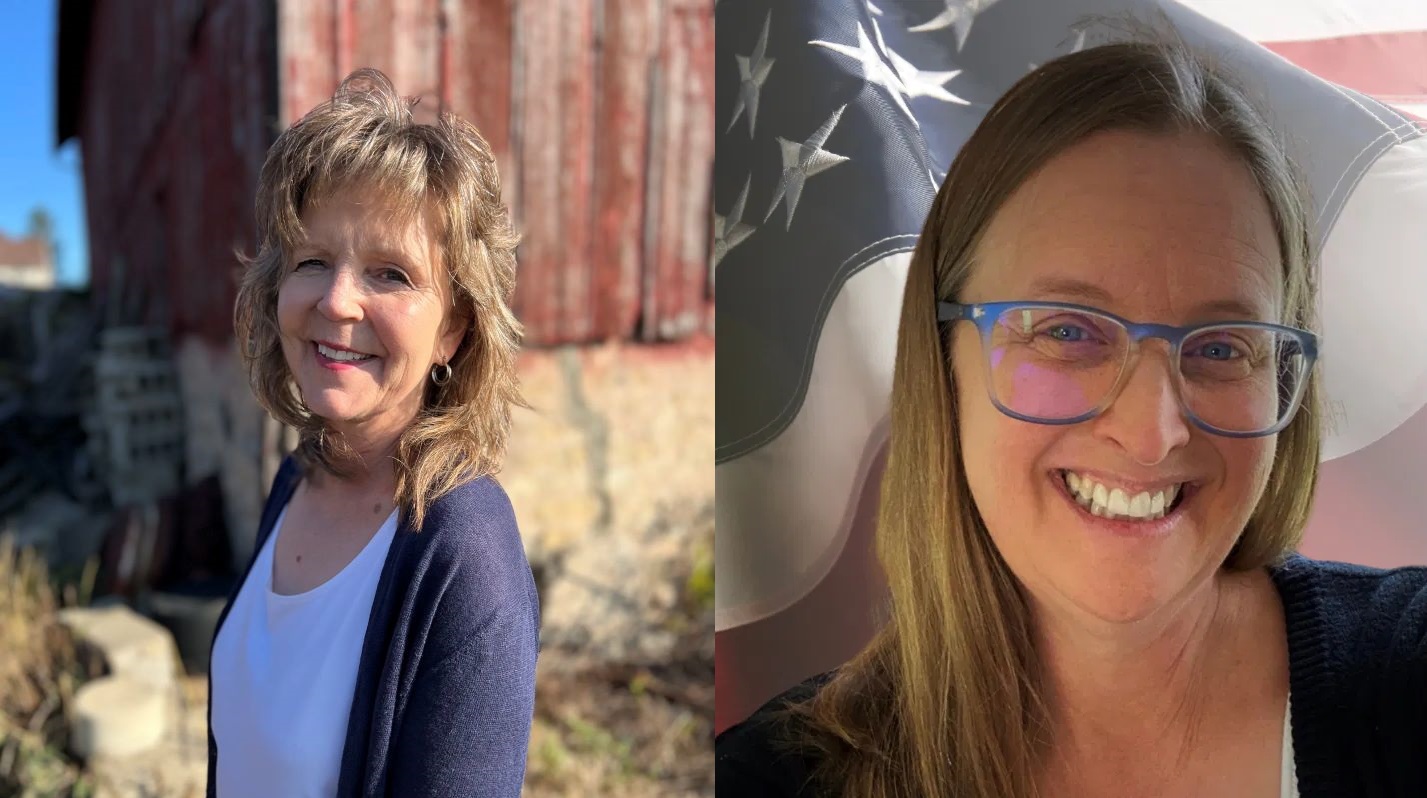
“I believe that government should not be in between a woman and her health care provider,” she said.
McCarville, who currently serves on the Dane County board of supervisors, said she also supports contraception access and fertility treatments like IVF.
“I think that’s just a no-brainer,” she said. “That’s a tool that folks can have in their toolbox to decide when and if they want to have a family.”
Her opponent Rebecca Witherspoon says she would not support any policies that expand abortion access in the state.
“I have no problem saying I will advocate for life,” she said.
Still, she said she would support providing state resources to pregnancy crisis centers.
“There’s a lot of places that will help women,” she said. “Help them find a job if they don’t have one, help them with getting the supplies that they need to take care of the baby.”
Experts say the services offered by these anti-abortion centers vary greatly, and many engage in unethical practices like providing false information about abortion.
14th Senate District candidates weigh in
Republican state Sen. Joan Ballweg is running in the newly-redrawn district that includes parts of Richland, Sauk, Columbia and Dane counties. The district is mostly rural but does include a small piece of the city of Madison.
Ballweg says she wouldn’t support policies that expand abortion access, but would like to clarify the current language in 1849 law to reduce potential confusion.
“A miscarriage and having a procedure like a (dilation and curettage) is not an abortion,” she said. “If there is an ectopic pregnancy or something like that that needs to be taken care of, that’s the health of the mother. That’s not an abortion.”
She also supports extending postpartum coverage under Badgercare.
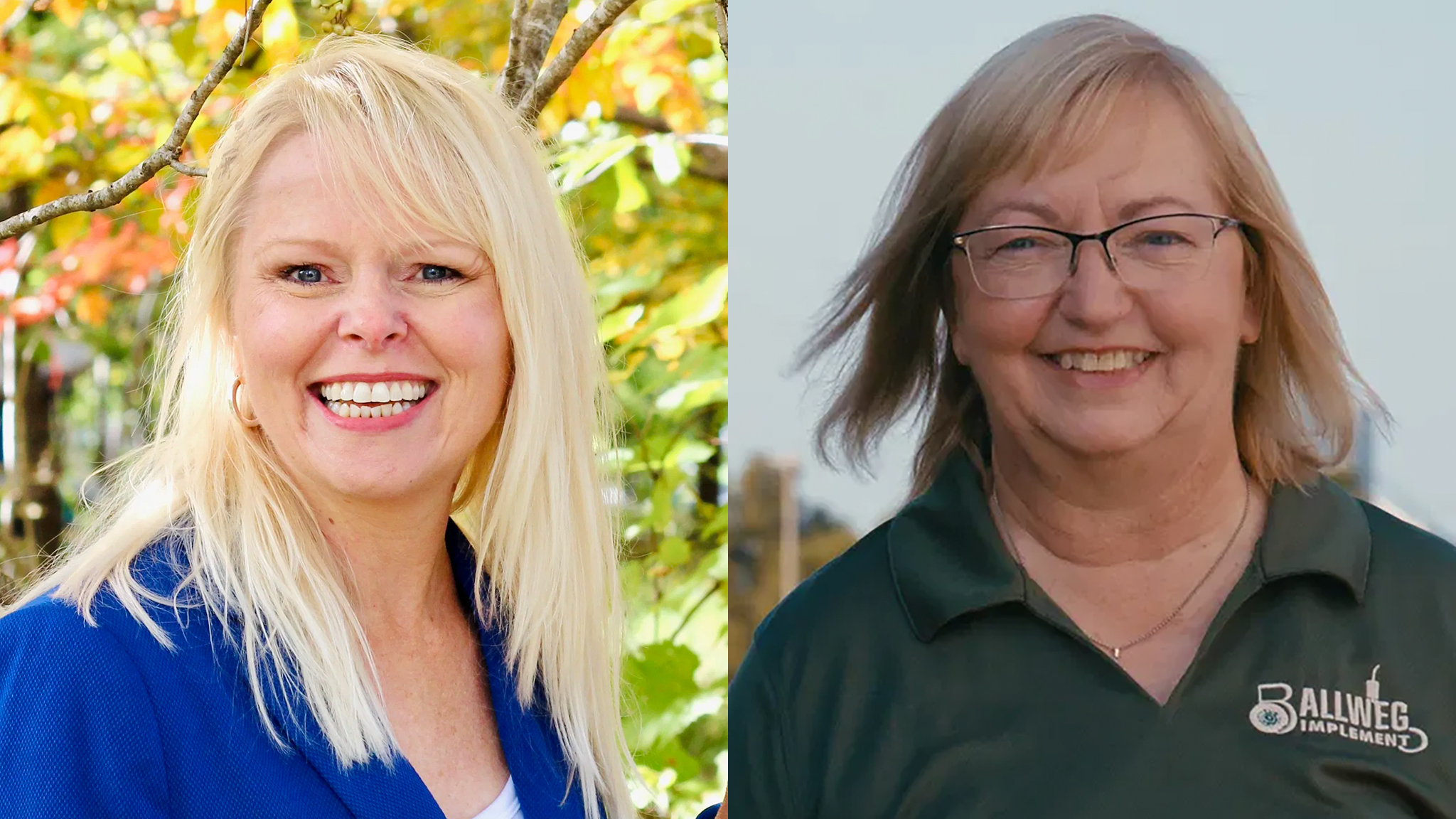
Still, Ballweg said that the 14th district covers a broad area, and she doesn’t hear as much about abortion from voters in the more rural areas.
“The thing we most hear about is the cost of living, high inflation rates,” she said.
For her challenger, abortion is a major issue. Democrat Sarah Keyeski said she’d like to codify Roe v. Wade in state law, and would also support allowing abortions past 20 weeks gestation.
“I want to respect women and trust that they will make the best decision given the information along with guidance from their provider,” she said.
Keyeski said her experience as a mental health counselor has informed her stance on reproductive rights.
“I don’t know … that I’ve ever met anyone that didn’t do that with deep reflection, careful consideration and emotional impact,” she said. “And I think those are decisions that have to be honored by the individual that is facing them.”
The case to decide the future of reproductive rights in the state is ongoing. Less than one week after election day, the Wisconsin Supreme Court will hear arguments about the so-called 1849 law.
Wisconsin Public Radio, © Copyright 2025, Board of Regents of the University of Wisconsin System and Wisconsin Educational Communications Board.

